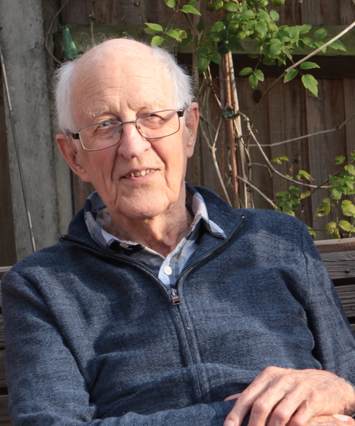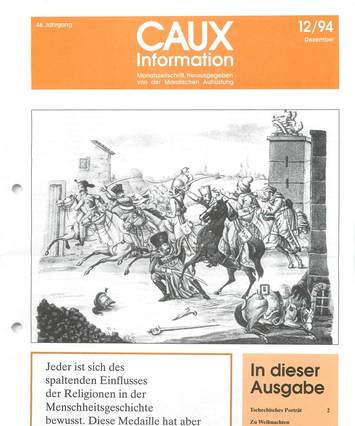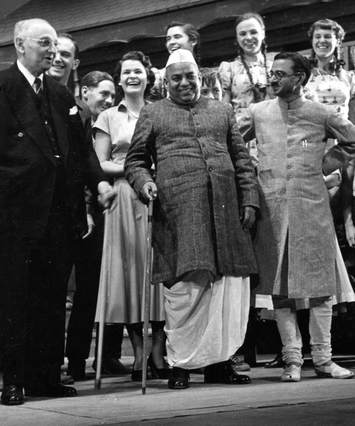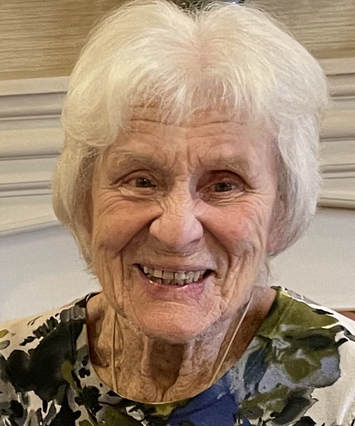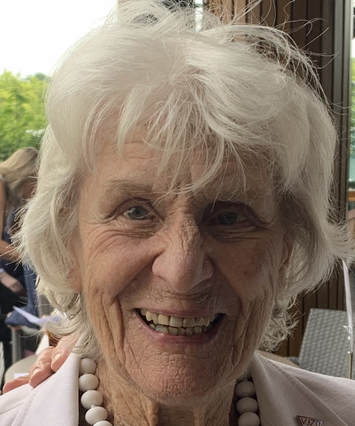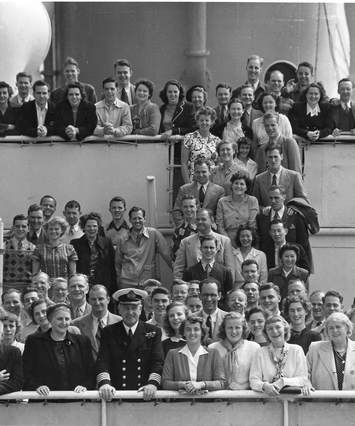Chris Channer was an actress, singer and dancer, long associated with contemporary Christian ideology theatre productions. Now in her 90’s, those days are behind her, but aged 19, her first London West End job so upset her parents, they asked her to resign from the Whitehall Theatre review she was dancing in. The play, Peekaboo, included scantily-clad girls, of which she was one. It was 1943, and the play entertained troops on leave during World War Two. As she had signed a contract, for £6 a week, she couldn’t leave the show without jeopardizing her career.
Chris was born in Runcorn, Cheshire, on 20 December 1923. She danced in school plays at Hunmanby Hall, a girls’ boarding school near Scarborough, Yorkshire, and was star struck by open air theatre in Scarborough. She learnt ballet at the Hammond School of Drama in Chester and graduated from the Nesta Brooking’s School of Ballet in 1943.
After the war, she travelled to Germany with the Entertainment Association for the Armed Forces (ENSA) to perform in the British occupied zone in Berlin. She went “with tremendous apprehension”, though they played only to British forces.
Her parents had met Frank Buchman, the founder of the global Moral Re-Armament (MRA) movement before the war. In 1947, Chris and her mother spent 10 days at the movement’s centre in Caux, Switzerland, which had opened the previous year. Stage plays were used to convey a message of hope and reconciliation. “I was bowled over by what I saw in Caux,” she said. “I was very taken with the whole idea of drama to carry ideas. The whole thing was so enormous: you could have a part in changing the course of history.” She found the young people there had a “refreshingly straightforward view on life”.
While there, the truth of Chris's theatre lifestyle tumbled out through floods of tears, in a painfully honest admission to her mother. She wrote to her father asking for his forgiveness; and apologised to her younger brother, Hugh, for having pushed him around.
She talked there with the actress Phyllis Konstam, wife of the 1930s tennis star Bunny Austin, who had appeared in early Hitchcock movies. She challenged Chris: “Are you doing the biggest thing with your life?”
That afternoon, she walked up the mountain above Caux “and did a lot of talking with God and with the devil: it was my Waterloo.” She wanted to play her part “however much it would cost. I thought it was a price I was willing to pay. I put my dreams on hold.”
At the time she was under contract to appear with the Glyndebourne Opera at the first Edinburgh Festival in 1947. With some turmoil she wrote to the director to say she couldn’t come. He replied: “If you know in your heart you are doing the right thing, go ahead and do it.” This freed her to travel to the USA with an MRA theatre production, The Good Road, which played on Broadway for a couple of weeks and was performed across America, from Jackson, Mississippi, to the Hollywood Bowl.
Her stage brother was played by Captain Richard Channer, MC, a World War II army veteran. Yet when he proposed to her it came as a complete shock to her. She knew it would have to be for life and she asked herself if she was unselfish enough. She prayed about it and the next morning had “absolute clarity” to accept. They were married in Miami, Florida, in 1952. Their daughter, Alison, was born in Greenwich, Connecticut, in 1957.
While in America Chris had an urge to write to her father to say how much she loved him. He replied by return of post saying “everything was forgiven and healed.”
Other theatre roles followed in MRA musical productions, including Jotham Valley, The Vanishing Island, and Space is So Startling, which premiered in Tokyo and toured India. She and Richard travelled to Brazil for six months with the cast of The Tiger, leaving just as a military coup was taking place. After 3 years working with the MRA team in India, during which their daughter attended the Caux School in Switzerland, the family moved in with Richard’s parents, George & Folly Channer in South West London in 1968. Chris appeared regularly in productions at the Westminster Theatre, in Victoria, which had been bought by MRA, until it was finally sold in the 1990s.
Her most celebrated role was a one woman play, Letter to Wollongong (1993), by the Czech playwright, diplomat and politician Jara Moserova. Chris played the narrator, a Czech nurse, who writes to her brother in Australia, as she comes to terms with her conscience, having given in to collaboration with the secret police during the Soviet occupation. The play was staged across South Africa, in support of that country’s Truth and Reconciliation Commission. It was filmed by Anglo-Nordic Productions on location in Prague in 2009, where she was Directed by her son in law Kenneth Dodds.
Chris continued to play tennis into her 90’s, and is still a member of the choir at Trinity United Reformed Church, in Wimbledon, where she has sung for the last 30 years.


